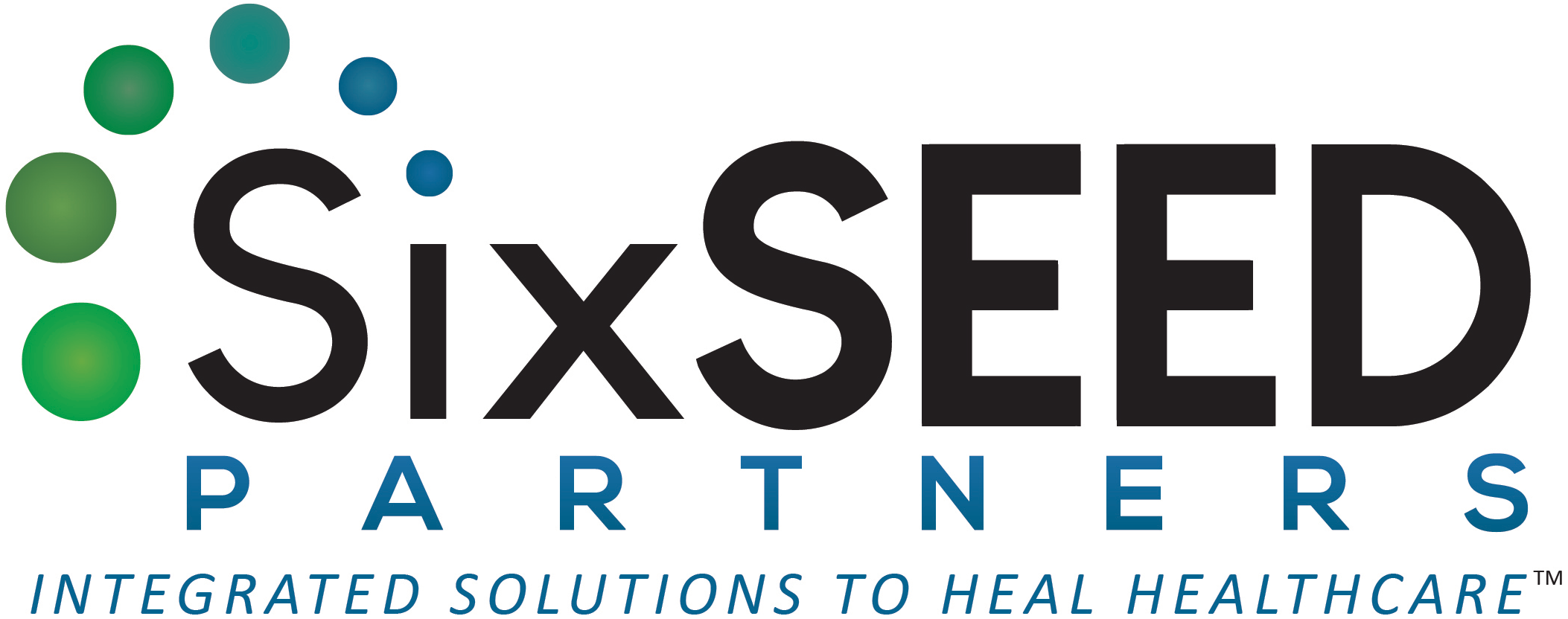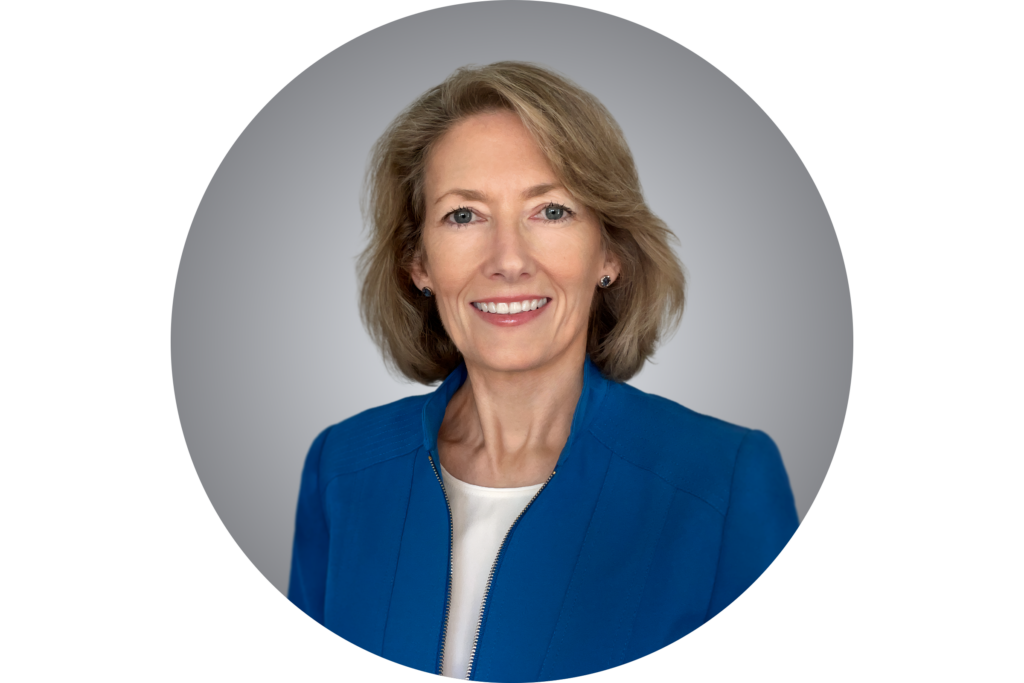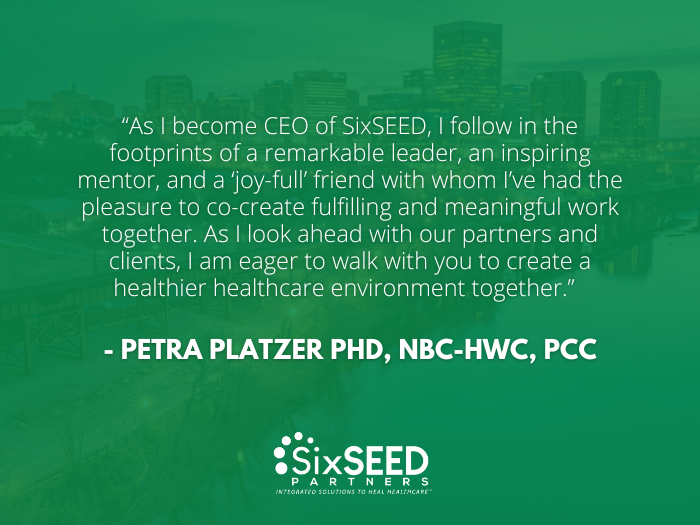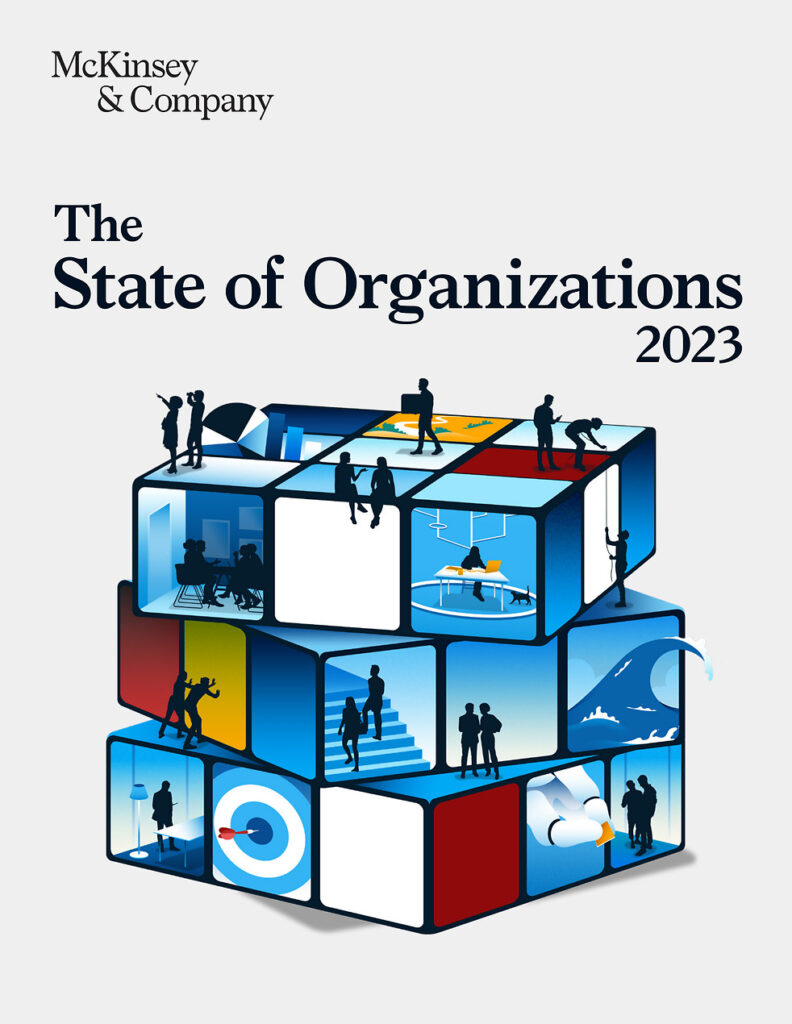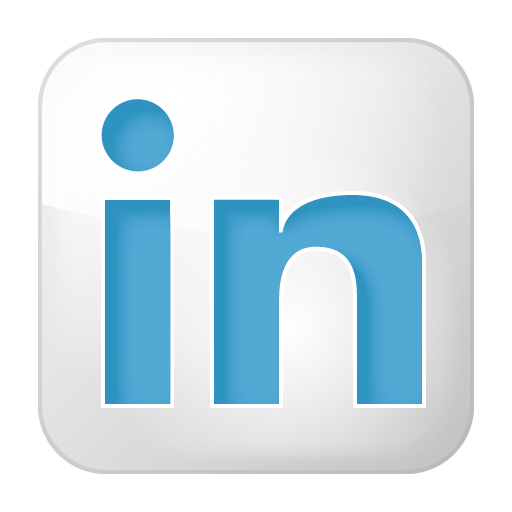Collective Honoring of Progress and Harvesting of Thinking to continue driving change for Excellence and Well-being
Petra Platzer, PhD NBC-HWC, PCC: CEO SixSEED Partners
Background:
SixSEED Partners was invited to design and facilitate a full day retreat for all frontline and senior leaders within the Nursing and Patient Care Services department for two newly integrated hospital centers within an Academic Medical Health System. This was the first full department gathering since the Chief Nursing Officer had stepped into her role in 2021. In the prior two years, we supported the vice presidents and directors to apply polarity thinking to their integration process, creating a culture of “we” instead of us / them. The Chief Nursing Officer’s vision now was to continue scaling this “we” culture through the larger group by celebrating their 2024 accomplishments and looking forward for how to drive the changes needed for optimal patient care delivery. Recognizing that scaling leadership begins with herself, this nurse executive also selected two of her vice presidents to be part of the planning and execution of this whole department retreat.
Strategy:
The retreat began with intentional time to reflect on the past year and celebrate the numerous accomplishments achieved across the various service lines and numerous inter-disciplinary efforts. This intentional slowing down to acknowledge the best of the past/current state was a generative action to help connect to their hearts and each other. From this appreciative space, we challenged the leaders to focus on the C-Dimension of Work, as first coined by Peter Senge, to collectively name what specifically was working for them within each of their 2024-2027 Strategic Plan Initiatives. Knowing the tendency to defer to authority within clinical realms, the design team leaders helped randomize the participants and we invited everyone to leave their “titles” at their tables and lean into speaking their thoughts, no matter their role. After identifying the best of what has been working so far, we facilitated a modified world café for the participants to think about how they might approach meeting future patient care needs by optimizing their delivery model.
Solution:
Petra Platzer, Vinay Kumar and Lisa Hompe led the 130+ leaders through exercises designed so that everyone could share and build upon each other’s thinking. The group activities enabled all to participate and stretched the leaders to shift from their strength of managing operations to that of designing strategic actions to achieve results.
The day’s structured activities invited diverse perspectives, including that of the medical center’s CEO whose presence for part of the day allowed him to witness and offer recognition for the collective progress and successes.
Through this experiential design, the participants gained an understanding that in a dynamic and complex environment like healthcare, the way to best lead for excellence and well-being is to scale their leadership through continued development – individually and together.
Impact:
At the conclusion of this full day departmental retreat, the leaders and frontline managers surfaced existing and new ways of thinking and acting that can help drive their strategic plan and Vizient domains for optimizing the patient care delivery model. Focusing on successes and existing leadership capacity created palpable energy, inspiration and relief in all they can accomplish by working in partnership with each other.
Some of the key take-aways and appreciations participants named include:
- • “We need to do this more often! We’re not alone and we’re better together!
- • “Practice gratitude. Use technology to make workflows easier. Remove barriers.
Empower others. Celebrate small wins.”
To learn more about bringing this kind of work to your organization, contact us at SixSEED Partners.
